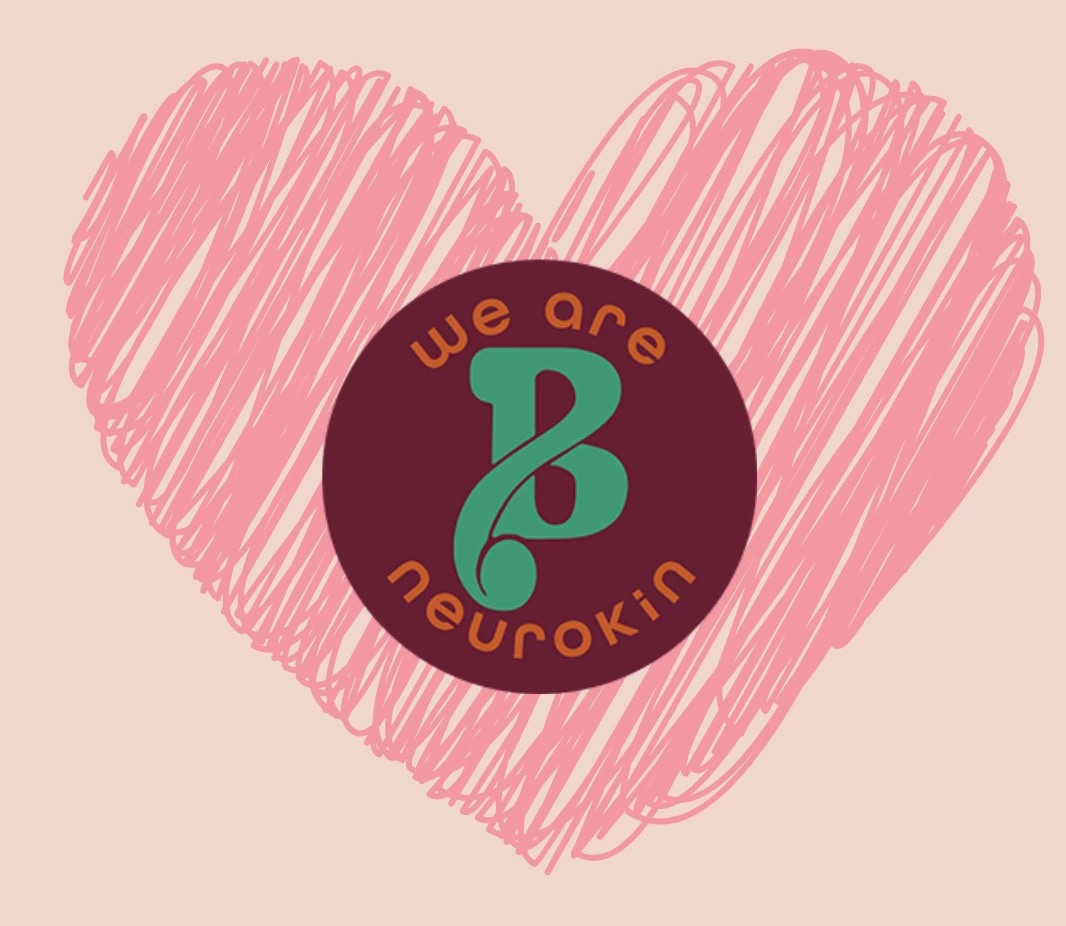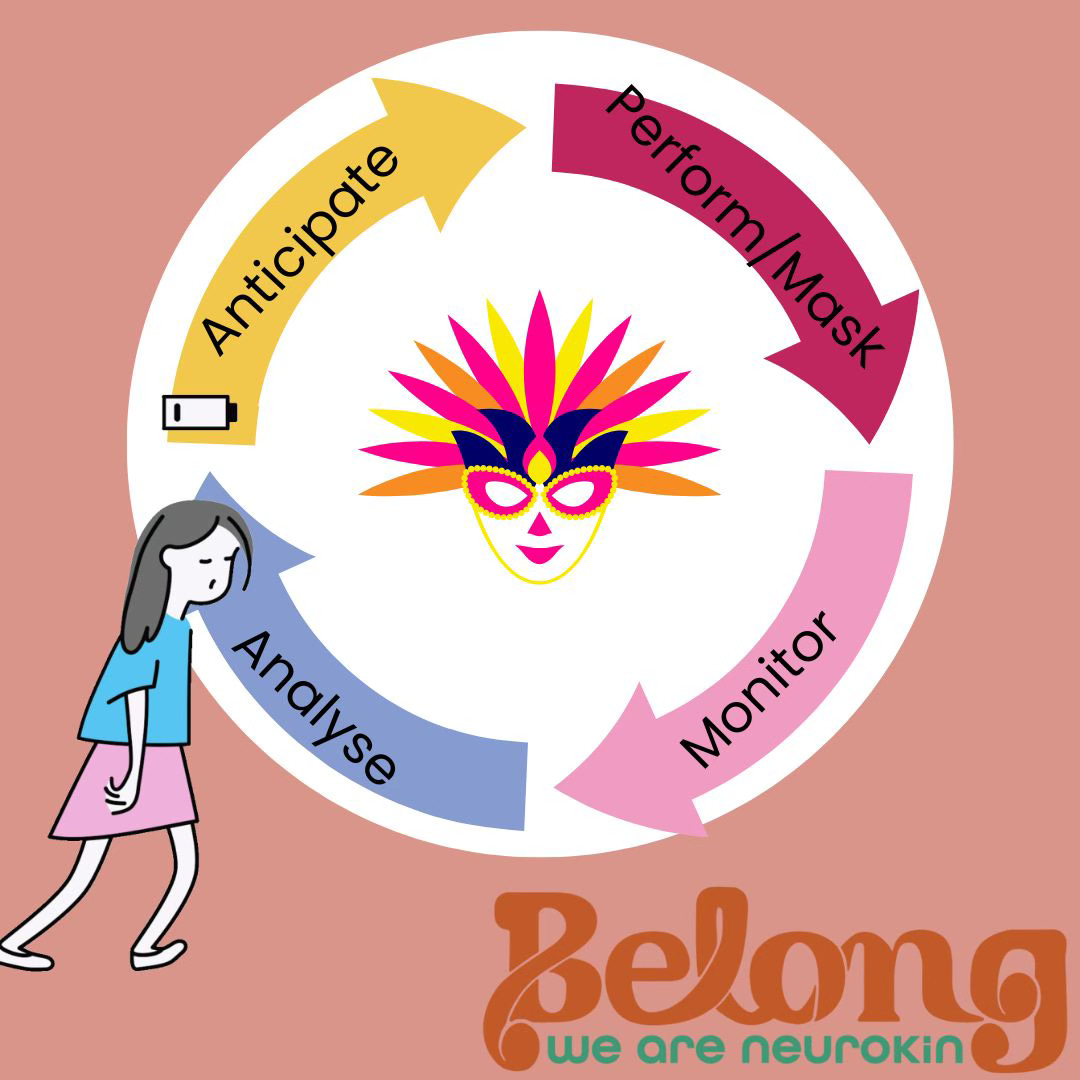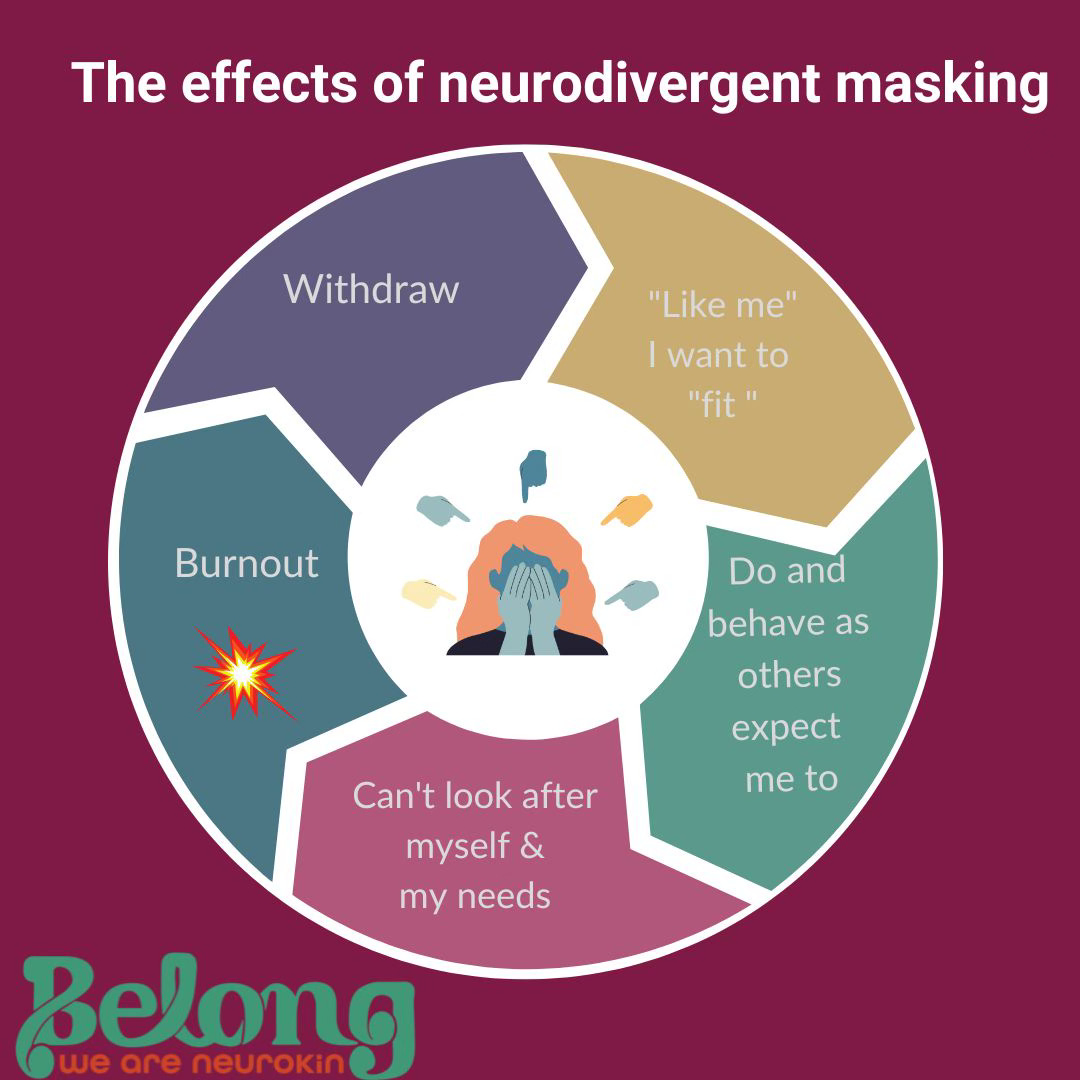Dear neurokin,
My attention was caught, in January 2025, by the words of comedian Amy Gledhill.
“I always thought I was confident, because I’m on the stage and that self-confidence and self-esteem were the same … actually when I started digging into it I realised self esteem is totally different to confidence”
Amy Gledhill
I nodded along, as I listened to her share her wisdom. For, yes, I had always thought the same, that confidence and esteem were one and the same. And whilst I’m not a one for being on the stage, I would describe myself as confident in my own abilities.
What’s love got to do with it?
In fact, self confidence is outgoing, it’s about how you hold yourself, how you perform or how willing you are to engage in ambitious challenges.
Self esteem is about how much you internally value yourself, how you allow others to treat you and what you tell yourself you are deserving of.
I’d never really contemplated that there was a layer beneath confidence, something that underpinned the consistency of your confidence and prevented it and you from getting knocked on a regular basis.
I hadn’t tuned in on the internal barometer that measures and guides your sense of self worth. I’d not valued the qualities that I bring to this world, beyond job titles and financial ‘success’.
Not once had it occurred to me that there is something that underpins the outward expression of creativity and stability in how you show up.
That ‘thing’ is how much you hold yourself in respect, admiration, value your worth and how much you hold yourself in esteem.
And of course, for most of my life, in my unknown neurodivergence, as a master masker of confusion and overwhelm, my life’s survival and focus was on what I showed to the world.
The disparity between self-confidence and esteem
So often there’s a disparity in how you see yourself and how the world sees you.
How you might appear:
Confident
articulating your counter arguments passionately, with conviction
ambitious, willing to take on new challenges
standing up for what you believe in
taking risks creatively
innovative in problem solving
Whilst inside you’re battling with crushingly low self-esteem:
Low Self-Esteem
allow people to treat you badly
accept things you shouldn’t
get stuck in perpetuating cycles of accepting bad treatment which further damages your self-esteem
believing you don’t deserve to be treated with respect and admiration
don’t value your unique talents
diminish qualities others value in you - quick to put yourself down.
constantly self effacing
don’t stand up for yourself
Why does low self esteem plague neurodivergent people?
In a recent survey of neurodivergent adults, nearly half (47%) described poor self esteem, both generally and in managing emotional dysregulation, with invalidation or social rejection contributing to chronic low self-worth.
Here’s some other contributing factors:
Repeated experiences of misunderstandings and criticism
internalised negative labels
lazy
rude
unreliable
disorganised
too sensitive/much
Pressure to mask and conform
mimicking neurotypical behaviour
loss of authenticity, erodes self acceptance and esteem
constant cycle of anticipating what others need and expect of you and in analysing how you performed in interactions
Internalised shame and self criticism
What’s “wrong” with me?
Feeling need to hide struggles, feelings of failure and self doubt.
Social and sensory barriers
“I don’t want to be different” - struggling to accept neurodivergence
Catch your breath and your thoughts
Ooof that’s a hard list to digest.
Even harsher is how hard you work to hold it all inside, quite possibly to the backdrop of a cruel, berating inner critical voice.
So, take a lovely deep breath in, breathing into where you might feel tension.
Breathe out and relax your body (repeat, as many times as you feel like it)
Take a minute to record your thoughts on the following
What are you noticing? How does all of this play out for you?
What rings true?
What differs for you?
If you feel your self-esteem is low, what’s the biggest impact of that on you?
What is the one thing you value and hold dear about yourself?
Where do you go from here?
Learning you’re neurodivergent later in life is huge and it takes time to unravel what it all means for you, how it affects you; past, present and future.
Growing in your self-esteem is a foundational part of accepting and loving all the aspects of your neurodivergence, your struggles and your strengths. It will support you in making the adaptions you need to live a healthy neurodivergent life.
Because, dear neurokin, you are important and it’s time to accept the joyful life you deserve. Respecting, admiring and absolutely embracing your self worth.
In my next article, here’s some of the things we’ll be exploring more deeply:
unlearning shame
finding emotional safety
valuing your brilliant qualities
prioritising your non-financial self worth
In the meantime, here’s some other resources available here at belong…we are neurokin:
Shifting your mindset to value your neurodivergent talent
Something you can do over the next couple of weeks
A huge part of growing in self esteem is to change your internal dialogue, less critical and more compassionate.
Take a note of what you notice about how you speak to yourself.
how many times have you berated yourself today/this week?
what messages are on repeat?
How can you change that internal dialogue from self berating to compassion?
imagine you’re speaking to a much younger you
“there’s nothing wrong with you”
“it’s ok, you made a mistake”
With love, steady as you go.
Andrea x







Tough reading, I recognised my own behaviour a bit too much. Lots to lean, and to unlearn. 😏
This is super interesting; I’d never thought to distinguish them before but this makes so much sense and really resonates. X